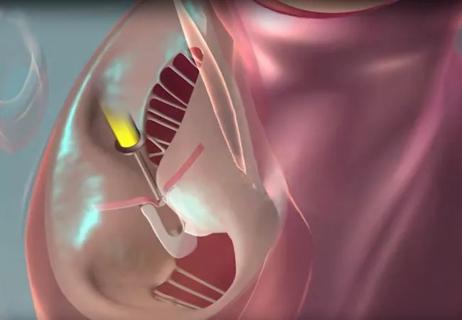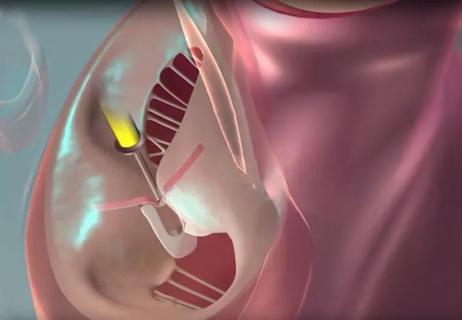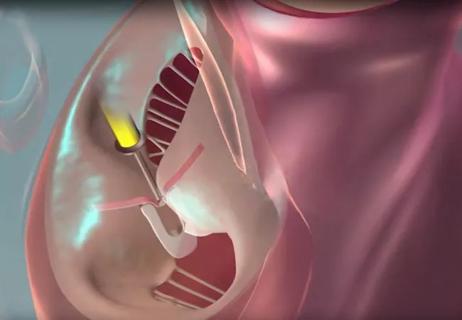Tag debug info: client: {"assets":{},"datasets":{},"live":{},"projects":{},"users":{},"observable":{"assets":{},"datasets":{},"live":{},"projects":{},"users":{}}} Now: 1770520903549 Cache Key: cqdTagPageBySlug:mitraclip fetchCache[cqdTagPageBySlug:mitraclip].expirationTime: falsey fetchCache[cqdTagPageBySlug:mitraclip]. seconds remaining: falsey All fetchCache expiration times: -- Key: cqdNotFoundPage, seconds remaining: -25474 -- Key: cqdTagPageBySlug:asco2016, seconds remaining: -46794 -- Key: cqdPostsByTag:cqd-migrated-tag-4148,1,10, seconds remaining: -46714 -- Key: cqdTagPageBySlug:developmental-pediatrics, seconds remaining: -41699 -- Key: cqdPostsByTag:cqd-migrated-tag-23205,1,10, seconds remaining: -41628 -- Key: cqdTagPageBySlug:tofacitinib, seconds remaining: -39896 -- Key: cqdPostsByTag:cqd-migrated-tag-26935,1,10, seconds remaining: -39826 -- Key: cqdTagPageBySlug:mitral-valve-replacement, seconds remaining: -39014 -- Key: cqdPostsByTag:cqd-migrated-tag-3834,1,10, seconds remaining: -38937 -- Key: cqdTagPageBySlug:astro2019, seconds remaining: -38726 -- Key: cqdPostsByTag:cqd-migrated-tag-21129,1,10, seconds remaining: -38651 -- Key: cqdTagPageBySlug:marigel-constantiner, seconds remaining: -38421 -- Key: cqdPostsByTag:cqd-migrated-tag-4256,1,10, seconds remaining: -38351 -- Key: cqdTagPageBySlug:dementia, seconds remaining: -37819 -- Key: cqdPostsByTag:cqd-migrated-tag-1871,1,10, seconds remaining: -37751 -- Key: cqdTagPageBySlug:james-reason, seconds remaining: -34470 -- Key: cqdPostsByTag:cqd-migrated-tag-22837,1,10, seconds remaining: -34402 -- Key: cqdTagPageBySlug:daniel-raymond, seconds remaining: -33574 -- Key: cqdPostsByTag:cqd-migrated-tag-3346,1,10, seconds remaining: -33495 -- Key: cqdTagPageBySlug:babies, seconds remaining: -32951 -- Key: cqdPostsByTag:cqd-migrated-tag-18416,1,10, seconds remaining: -32884 -- Key: cqdTagPageBySlug:dalcetrapib, seconds remaining: -32380 -- Key: cqdPostsByTag:cqd-migrated-tag-18486,1,10, seconds remaining: -32314 -- Key: cqdTagPageBySlug:patellar-tendon, seconds remaining: -25474 -- Key: cqdPostsByTag:cqd-migrated-tag-23792,1,10, seconds remaining: -25408 -- Key: cqdTagPageBySlug:jesse-schold, seconds remaining: -25167 -- Key: cqdPostsByTag:cqd-migrated-tag-16883,1,10, seconds remaining: -25098 -- Key: cqdTagPageBySlug:polyneuropathy, seconds remaining: -24845 -- Key: cqdPostsByTag:cqd-migrated-tag-21089,1,10, seconds remaining: -24767 -- Key: cqdTagPageBySlug:nursing-certifications, seconds remaining: -24549 -- Key: cqdPostsByTag:cqd-migrated-tag-17825,1,10, seconds remaining: -24474 conditions: -- false, -- NA, -- NA, -- NA -- false Cache miss for key cqdTagPageBySlug:mitraclip - retrieving from Sanity CCCache.dataFetchCount: 13569 Cache cleanup seconds remaining: 30000
Advertisement
Advertisement
And substudy reveals good outcomes with PASCAL system in patients with complex mitral valve anatomy
Superiority continues even after significant crossovers from control group at 2 years
Essentials of the NIH study and how it compares with REPAIR MR
FDA makes MitraClip available to more patients with mitral regurgitation
Advertisement
Cleveland Clinic is a non-profit academic medical center. Advertising on our site helps support our mission. We do not endorse non-Cleveland Clinic products or services. Policy
Rendered: Sun Feb 08 2026 03:21:43 GMT+0000 (Coordinated Universal Time)
9500 Euclid Avenue, Cleveland, Ohio 44195 |
800.223.2273 | ©
2026 Cleveland Clinic. All Rights Reserved.



